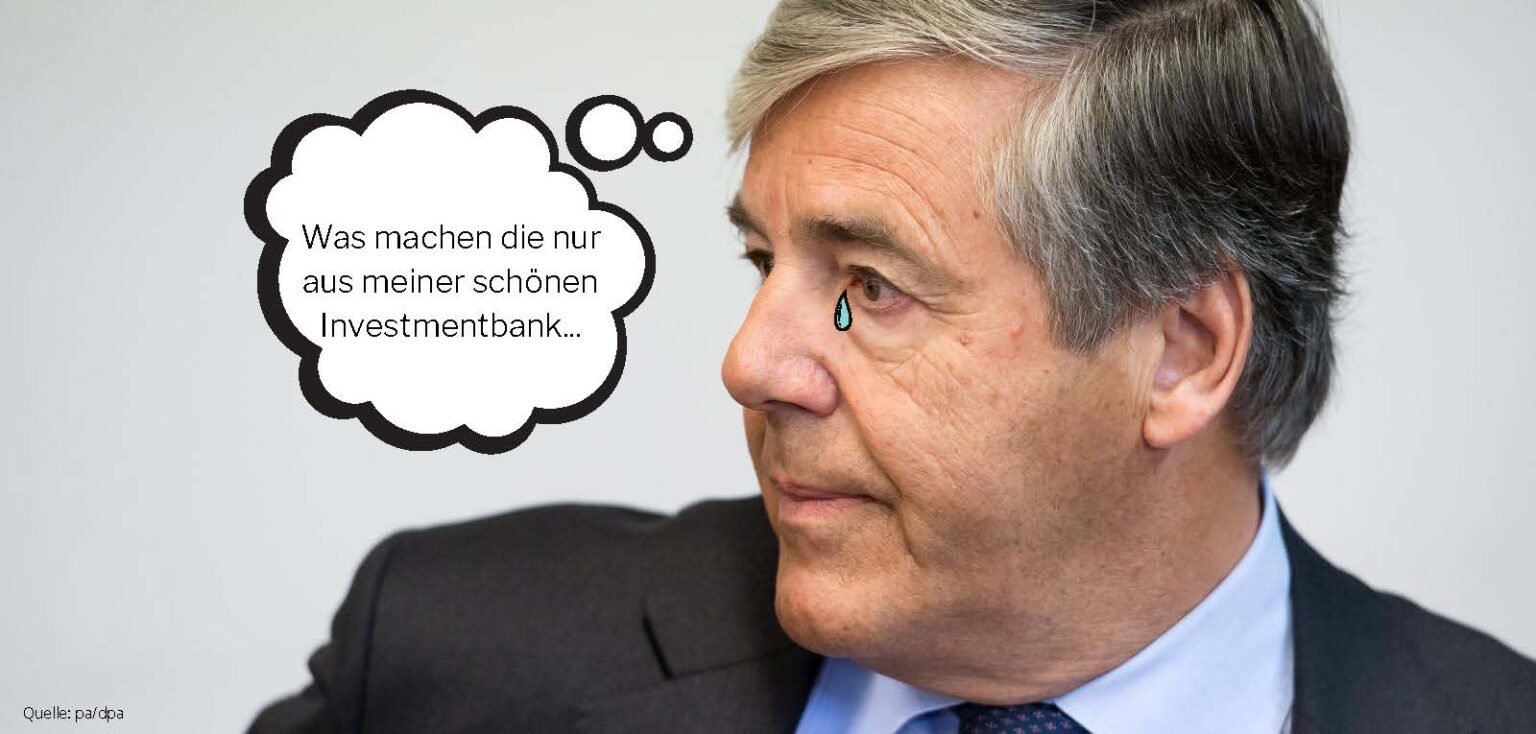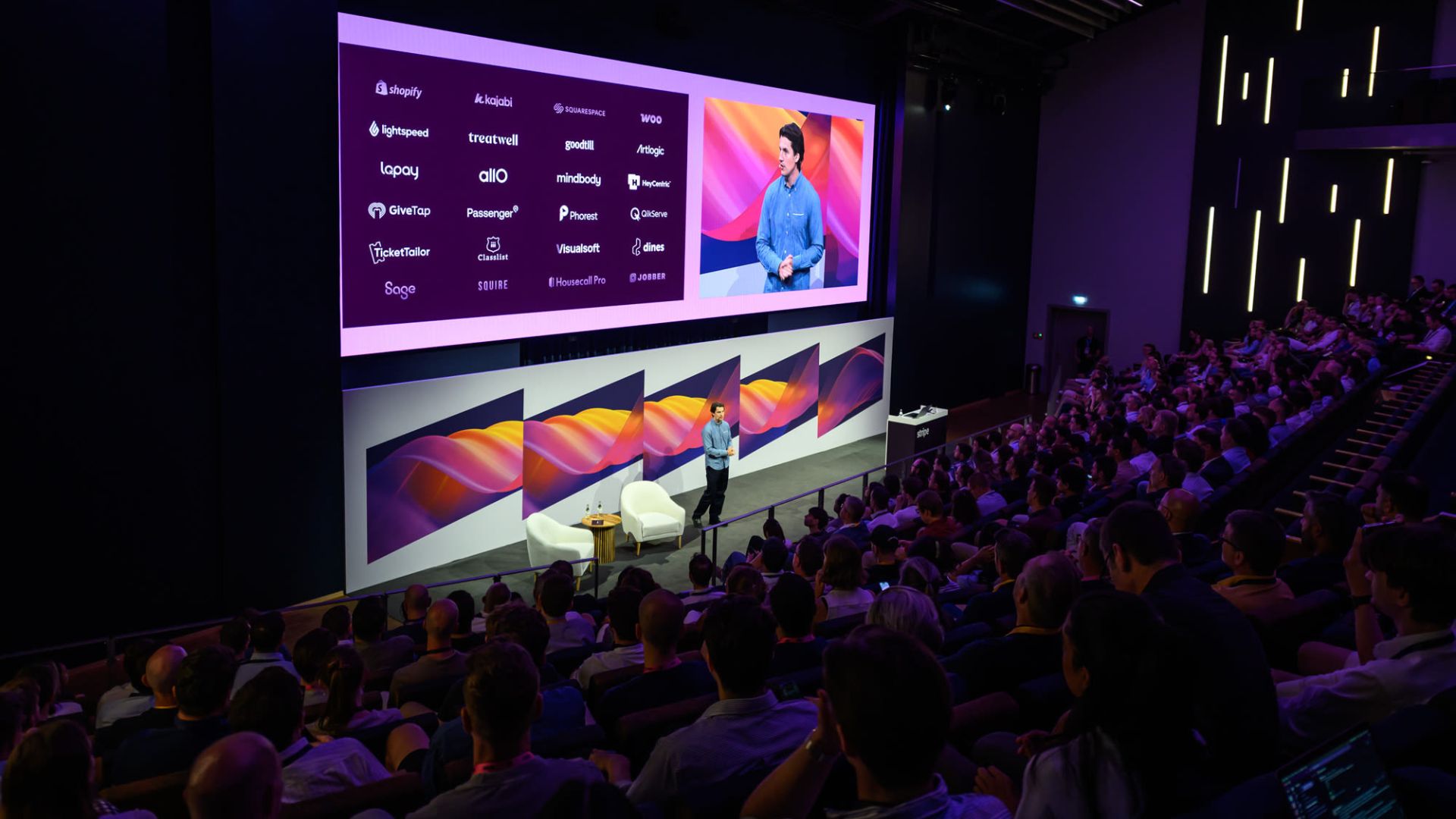instant messages #13 by Marcus W. Mosen
Marcus W. Mosen kommentiert Payment- oder Bankingthemen auf unterschiedlichen Portalen und erfreut seine Follower auf twitter (@mwmosen) mit pointierten Beiträgen zu Payment, Fintech oder Politik. Ab sofort finden Sie bei uns monatlich seine Gastkolumne „instant messages by…“ zum aktuellen Geschehen im Payment, Banking & Co.
Highlights sind in der deutschen Paymentbranche sehr selten geworden. Wieso? Nun, es gibt kaum noch einen Payment Services Provider oder Anbieter, der noch seinen Unternehmenssitz in oder seine Strategiehoheit aus Deutschland heraus betreibt und es damit aus eigener Kraft in die Headlines schaffen könnte. Reflexartig muss jetzt der Einwand kommen: nein, es gibt doch noch deutsche Player wie Unzer (ex Heidelpay), VR Payment (ex CardProcess), Payone (ex B+S Card Services), Computop (immer schon Computop seit den 90ern). Aber Hand aufs Herz: außer bei VR Payment und Computop liegt bei all den anderen genannten Unternehmen die Strategiehoheit in Entscheidungsstrukturen außerhalb Deutschlands.
Aber reicht es für den Anspruch „deutscher Payment-Champion“ aus, nur seinen Sitz in Deutschland zu haben? Mit den Voraussetzungen für einen Payment-Champion hatte ich mich schon vor einigen Jahren, u.a. bei Payment & Banking, befasst. Schon damals galt, dass der Ehrgeiz über nationale Grenzen hinaus gehen muss. Und heute heißt das Minimalziel für einen Champion mindestens „Europa“, besser noch „international“. Wer das heute mit reinen Bordmitteln schaffen will, hat die Dynamik des Paymentmarktes in den letzten Jahren wohl verschlafen.
Als vor wenigen Tagen die Deutsche Bank in einem Pressegespräch ihren 180-Grad Schwenk hin zu einem neuen Ansatz im „Merchant Business“ ankündigte, schossen mir sogleich meine eigenen Erlebnisse in der deutschen Payment-Szene der letzten 20 Jahre durch den Kopf: Kaufen, Verkaufen, Fusionieren, stetiges Ringen um Neuausrichtung. Viel Politik und noch mehr Strategieüberlegungen, die dann doch ungenutzt blieben. Unzählige Hintergrundgespräche im allseits beliebten „Airportclub“, rückblickend oftmals eher unter „free lunch“ zu verbuchen. Viele Stakeholder bewegten sich lieber im und nur wenige gegen den Strom. Payment im Händlergeschäft stand nicht wirklich im Fokus der Strategen und Beteiligungsmanager deutscher Banken und Sparkassen.

Das große Potential im bargeldlosen Zahlungsverkehr in der größten Volkswirtschaft Europas haben seit Jahren hauptsächlich andere, nicht-deutsche Unternehmen und Finanzinvestoren erkannt. Während hier die Liebe zum Bargeld kultiviert wurde, erkannte man dort das Wachstumspotential im „Cashless Payment“.
Wie konnte diese wahnsinnig große Opportunität den vielen Zahlungsverkehrsexperten, Fachabteilungen und Vorstandsetagen in der deutschen Kreditwirtschaft nur verborgen bleiben?
Und jetzt will sich die Deutsche Bank auf dieses kleinteilige Geschäft zurückbesinnen – eine überaus bemerkenswerte Entscheidung. War es doch ausgerechnet diese Bank, die sich mit diesem Geschäftsmodell, das sich mit dem Sammeln vieler, kleiner Transaktionen – sogenannter Peanuts – vergleichen lässt, an vielen Stellen ihrer Entwicklung (man erinnere sich u.a. an die Verkäufe Easycash, Deutsche Card Service, POS Transact und anderen Beteiligungen) überaus schwertat.

Vorbei, sollen ab sofort die Zeiten sein, in der „Banking“ nur im Zusammenhang mit „Investment“ ein Geschäftsmodell ist. Und es ist sicherlich kein Zufall, dass dieser Sinneswandel in eine Zeit fällt, in der Zentralbanken, Regierungen, EZB und sogar die EU-Kommission erkannt haben, dass digitales Payment eine zentrale Aufgabe in unserem Alltag erfüllt, bzw. oft die wesentliche Bankingerfahrung des Kunden ist.
Und kaum hat die Deutsche Bank ihre Pläne in einem Hintergrundgespräch der Öffentlichkeit verkündet, so wird die Latte für diese Ambitionen von der Presse entsprechend hoch gesetzt: „Deutsche Bank fordert die großen Payment-Anbieter heraus“ titelt die Zeitschrift für digitale Zukunft „t3n“. Und als Benchmark dient das niederländische Unternehmen „Adyen“ – ein Unternehmen, das vielen Zahlungsverkehrsexperten vor sechs Jahren noch nicht wirklich geläufig war, heute dafür zum ca. 2,5-fachen Wert der Deutschen Bank am Aktienmarkt gehandelt wird.
Nun eines ist richtig: Die Ambitionen sollten wirklich groß sein, wenn man in diesem Geschäft nicht nur ein Strohfeuer zur Pflege des eigenen Aktienkurses zünden will. Und daher sind die unmittelbaren Herausforderungen bei der Umsetzung dieser Pläne wohl eher in den eigenen Türmen zu suchen als beim Wettbewerb. Denn wer sich jetzt ins Paymentgeschäft wagt, der braucht neben einem langen Atem die Bereitschaft, die Profite aus den großen Transaktionen (Investmentbanking) in das Geschäft mit den kleinen Transaktionen (Payments) zu investieren. Denn alleine auf das Sponsoring von Mastercard zu setzen, wird bei dem Marktumfeld nicht ausreichen.
Für das Selbstverständnis der Payment-Community ist der Schritt der „DB.com-Kollegen/innen“ zunächst einmal ein erfreulicher Lichtblick. Ob dieser Schritt geradewegs in die europäische Champions-League oder nur zum „Hidden-Champion“ der DACH-Region führt, wird die Payment-Nerd-Community interessiert verfolgen.
- instant messages #1 – 2020 – ein Schlüsseljahr für den europäischen Zahlungsverkehr?
- instant messages #2 – Sozialistisches Phantasialand Berlin
- instant messages #3 – Dirty Money in Zeiten von Corona
- instant messages #4 – Corona Bargeld-Killer?
- Instant messages #5 – Schumpeters Erbe – COVID19 als schöpferische Zerstörung?
- instant messages #6 – Kraftakte in der Politik! Kraftakte im Payment?
- instant messages #7 – Wirecard und die deutsche Paymentwelt – ein Kessel Buntes
- instant messages #8 – Sommerloch im deutschen Zahlungsverkehr – ja wo ist es denn?
- instant messages #9 – Schnell, schneller – Instant?
- instant messages #10 – Corona – das Schlüsselereignis der Paymentbranche
- instant messages #11 – Die Relativitätstheorie im Payment & Banking – Beobachtungen und Gedanken zum Jahresausklang
- instant messages #12 – Corona und Digitalisierung – was von unseren alten Gewohnheiten noch übrig bleibt…





